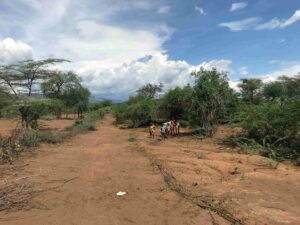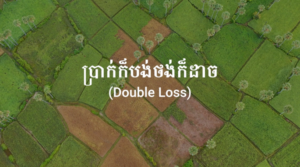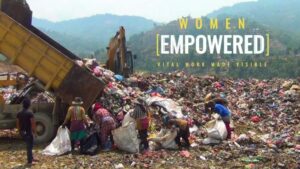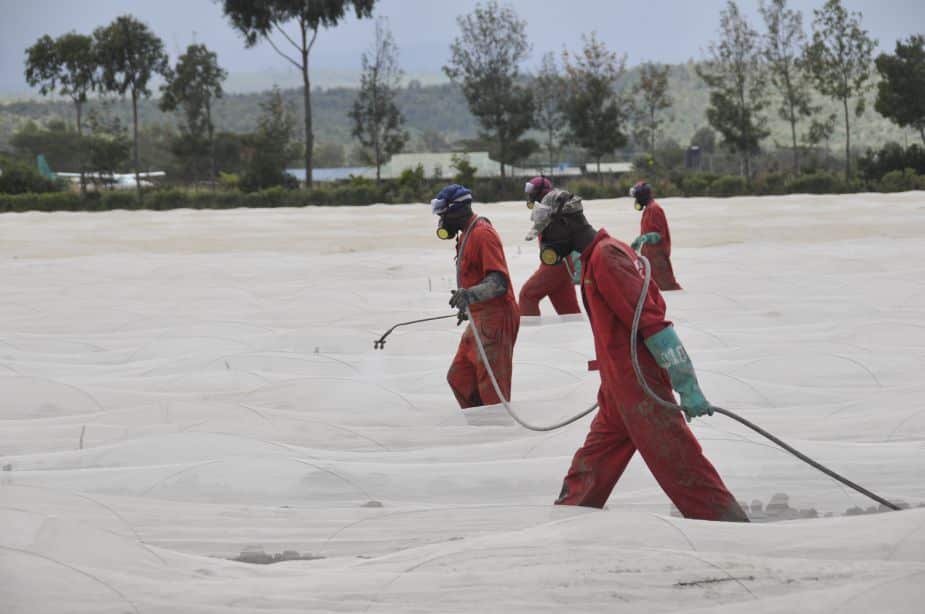
Highly Hazardous Pesticides in Agro-industrial and Smallholder Farming Systems in Kenya
29.05.2020
Farms in the global South show heavy use of pesticides such as herbicides, insecticides and fungicides. Some of these substances are banned in Switzerland and the European Union but are often produced and exported from there. Our messages draw on research findings from Kenya. They make the link to international conventions, highlight alternatives to pesticide-intensive agricultural practices, and call for phasing out “highly hazardous” substances in line with human rights and the precautionary principle.
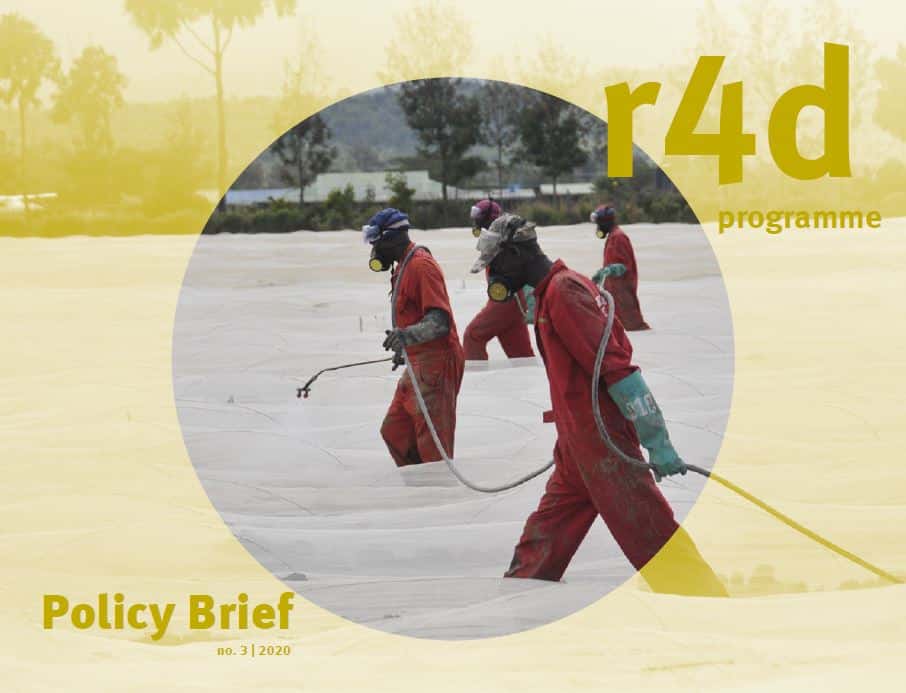
Related Posts
The Green Vein: Agroecology Rising in West Africa
26.January 2024
WOMEN EMPOWERED: Vital Work Made Visible
24.March 2023
Key Messages
- Highly hazardous pesticides (HHPs) should be withdrawn from the market, starting with WHO Class I substances and organophosphates, in accordance with the precautionary principle.
- Double standards of pesticide regulation among different countries should be eliminated and international conventions implemented.
- Training and incentives for pesticide-free farming should be promoted, such as use of push–pull technology for crop protection.
Sources
Authors:
Johanna Jacobi, University of Bern, Centre for Development and Environment (CDE), Switzerland, johanna.jacobi@cde.unibe.ch
Boniface Kiteme, Centre for Training and Integrated, Research in Arid and Semi-arid Land Development (CETRAD), Kenya, b.kiteme@africaonline.co.ke
Fabian Ottiger, University of Bern, Institute of Geography, and foraus-Forum Aussenpolitik, Switzerland, fabian.ottiger@foraus.ch
r4d Towards Food Sustainability:
Reshaping the Coexistence of Different Food Systems in South America and Africa (FoodSAF) project:
https://www.cde.unibe.ch/research/projects/towards_food_sustainability/index_eng.html
Tags
Downloads
PDF: r4d Policy Brief 2020, No. 3



